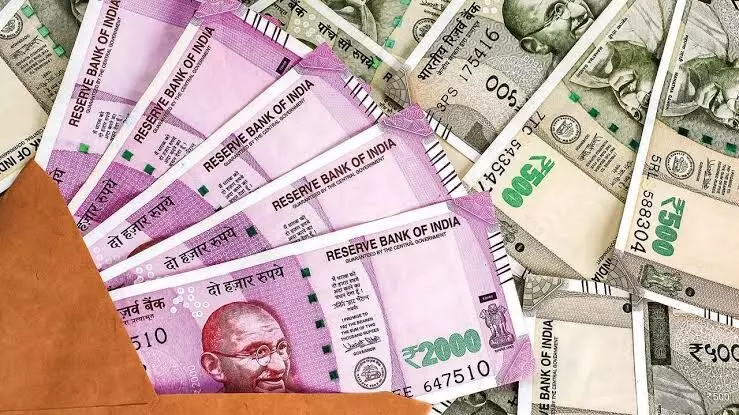
High-value transactions that can get you an income tax notice: Details
text_fieldsHigh-value cash transactions beyond a specific limit are monitored by the Income Tax Department. Therefore, failing to mention such transactions in Income Tax Returns (ITR) filing may invite a notice from the authorities.
With the deadline for income tax returns filing fast approaching, it is best to know the details.
The I-T Department keeps a watch on high-value cash transactions, including bank deposits, mutual fund investments, property-related transactions, and share trading. If transactions surpass the threshold limit, you must notify the I-T department to avoid getting a notice.
The I-T department has entered into agreements with several government agencies and financial institutions to access the records of the individuals regarding the high-value transactions.
As part of its e-campaign to promote voluntary compliance and avoid issuing the notice and the scrutiny of taxpayers, the tax department sends e-mail and SMS alerts about the non-disclosure of high-value transactions linked to a permanent account number (PAN).
Here are a few transactions which may attract notice from the I-T department if not reported in the ITR:
•Savings Bank Account and Current Account Deposits
Any transaction exceeding ₹ 10 lakh in a savings bank account in a financial year should be disclosed to the I-T department. Similarly, for current accounts, the threshold limit is ₹ 50 lakh.
•Fixed deposits in banks
Cash deposits in bank FD account exceeding ₹ 10 lakh need to be notified to the I-T department. Banks will have to disclose the transactions if the total amount deposited in single or multiple fixed deposits exceeds the specified limits by filing form 61A, a statement of financial transactions.
•Credit card bills
Credit card bill payments above ₹ 1 lakh in cash should be reported to the I-T department. The Income Tax department monitors all credit card transactions, and hiding any high-value transaction linked to credit cards could attract notice. Settlements above ₹ 10 lakh in a financial year towards credit card bills should be disclosed in the ITR.
•Sale or purchase of immovable property
All the property registrars and sub-registrars across the country are mandated to inform the tax authorities about the sale or purchase of any immovable property exceeding ₹ 30 lakh.
•Shares, mutual funds, debentures and bonds
The cash transaction limit concerning investments in mutual funds, stocks, bonds, or debentures should not exceed ₹ 10 lakh in a financial year.
•The Annual Information Return (AIR) statement contains details of financial transactions, and the tax authorities trace the high-value transactions through this. Part E of your Form 26AS contains all details of high-value transactions.
•Sale of foreign currency
An amount of ₹ 10 lakh or more in a financial year from the sale of foreign currency should be reported to the Income Tax department.























